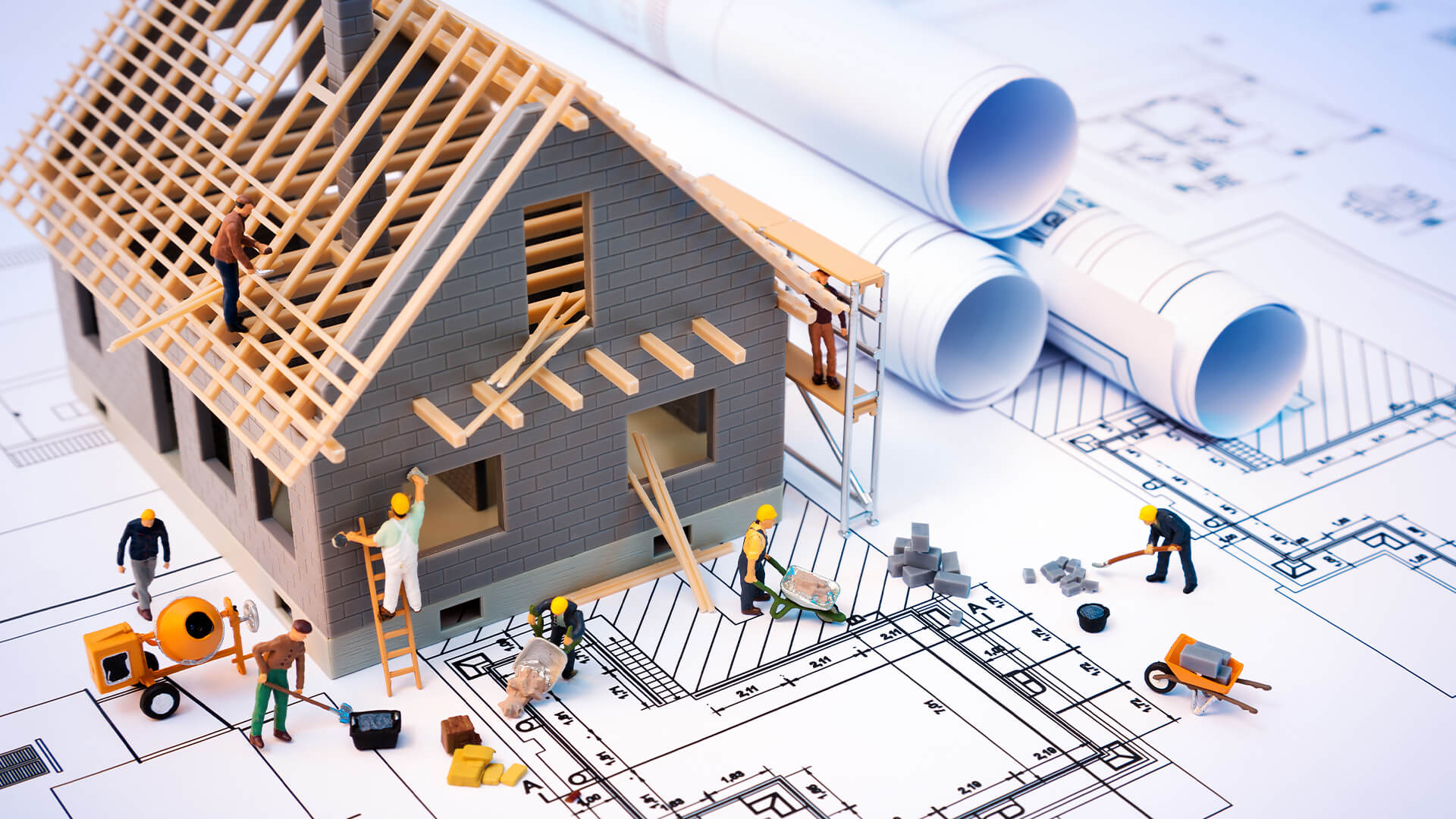The Significance of Effective Project Management in Residential Building
Building a fresh house is an exciting venture that stands as one of the largest investments you will undertake in your life. However, the process can be complex, demanding meticulous planning, organization, and execution. This is where good project management is crucial, serving as the foundation of effective home construction. Navigating through design choices, budgeting, and construction schedules requires a clear strategy and coordinated coordination among various stakeholders, including architects, contractors, and suppliers.
In this article, we will explore the key aspects of project management in home building and provide insights that will help you on your path to your dream home. From grasping the timeline and costs involved to making the right design decisions and avoiding common pitfalls, comprehensive project management is essential to ensure that your new home fulfills your expectations in terms of standards, usefulness, and aesthetics. Whether you are a novice builder or a experienced homeowner, the principles outlined here will lead you through the intricacies of fresh home construction.
Organizing Your Home Build
The planning phase of your home build is essential in facilitating a hassle-free construction process. Start by clarifying your goals and wishes, including the scale, design, and elements you wish for in your new home. Create a list of essentials and nice-to-haves, which will guide your decisions as you move ahead. Additionally, consider the area of your home and how it fits into your way of living, taking into account nearness to schools, work, and amenities.

Next, it is critical to create a realistic budget that captures your vision while considering potential hidden costs. Explore the current market to gain insight into the anticipated costs of materials and labor, and allocate funds for unforeseen expenses that may arise during construction. This step will aid you decide whether to build a bespoke home or opt for a pre-designed model and drive your choices regarding materials and finishes.
Finally, forming a qualified team is crucial for a successful home build. Begin by hiring an experienced home builder with a solid reputation in the industry. Seek references and carry out interviews to ensure they align with your goals and can execute your vision effectively. Additionally, if necessary, consider contracting an architect to polish your design and navigate building permits and zoning laws, setting a solid foundation for your home building journey.
Understanding Costs and Funding
When embarking on the process of brand new home construction, understanding the expenses associated is crucial. Budgeting for a fresh home construction goes above just the sticker price of the building. You need to factor in lot acquisition, licenses, utility connections, and yard work, which can significantly influence your overall expenditure. Additionally, hidden costs such as surprise site challenges, design modifications, and delays can occur, so it’s crucial to set aside a contingency fund to cover any surprises that may emerge during the build.
Financing your new home building can be complicated, but being aware of your choices helps in making informed decisions. Building loans typically vary from traditional mortgages, as they are brief loans designed to covering the costs of building rather than purchasing an pre-owned structure. Many lenders offer tailored programs customized for fresh builds, allowing you to fund the land, building, and sometimes even the finishing touches all within a single loan. Grasping how to secure these loans can give considerable advantages, making the economic aspect more manageable.
Choosing the right financing strategy is important for managing your financial plan efficiently. It is recommended to evaluate different loan choices and their terms, such as loan rates and payback periods. Paying careful notice of your anticipated costs allows you to determine where to reduce and where to invest, ensuring you retain control over your expenditure throughout the construction process. By planning financially and comprehending what costs to expect, you can successfully handle the difficulties of financing your fresh home.
The Home Building Journey and Settling Down
Building a new home consists of various key stages, each crucial to ensuring a successful build. At the start, the site will be cleared, and the foundation will be established, this creates the base necessary for your house. After Southern Highlands Builder , the framing process starts, followed by the installation of roofing, windows, and doors. As these parts are assembled, the internal systems such as plumbing, electrical, and HVAC are installed, followed by insulation and drywall. Every stage demands meticulous project management to maintain the timeline and budget.
Once the structure is complete, attention turns to the details that transform a house into a home. This phase includes painting, flooring, cabinetry, and the installation of fixtures and appliances. Ensuring quality at this point is crucial to meet your standards. Effective communication with your builder and contractors can help avoid misunderstandings and ensure that the project stays on track. Homeowners should also be prepared for inspections during this phase to ensure compliance with local building codes.
As you approach the completion of your new home, anticipation grows as you look forward to moving in. Conducting a detailed walkthrough with your builder is vital to spot any last-minute issues that need resolution. This final inspection helps ensure that everything is in order before you officially take possession. After this is finalized, plan your move, personalize your new home, and enhance its curb appeal with landscaping. Following this organized approach ensures a smoother transition into your new home, allowing you to enjoy the fruits of your labor.